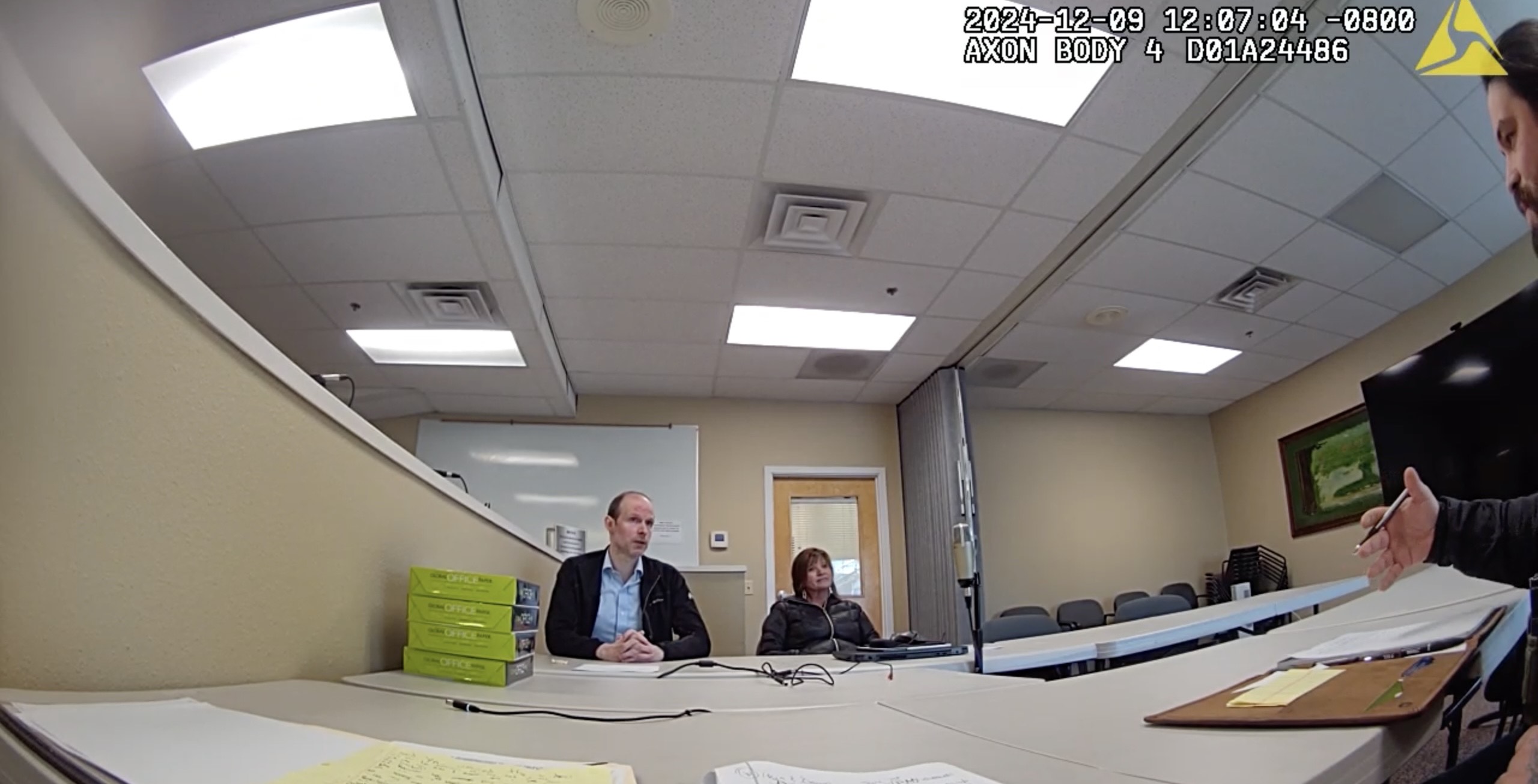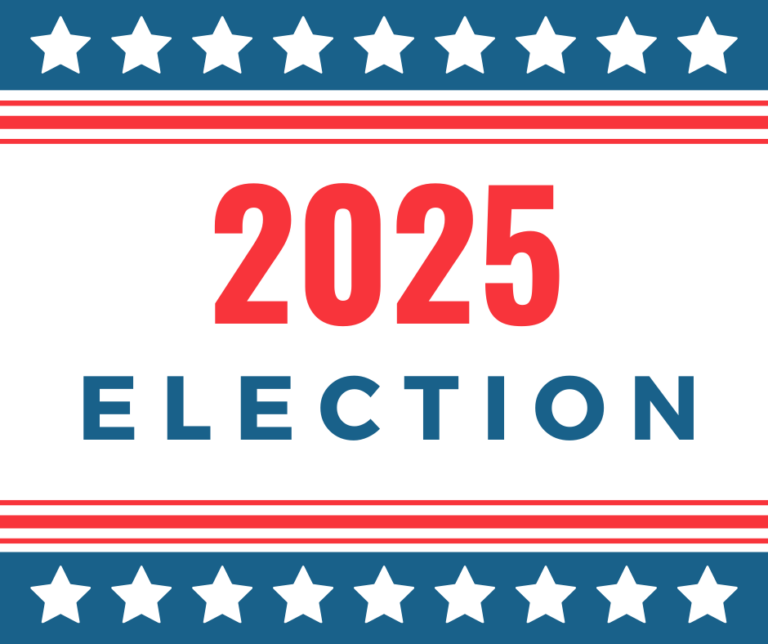Crabbers working to resolve price dispute
Published 11:20 am Thursday, December 29, 2016

- All packed up but nowhere to go is how many of the Ilwaco crabbing fleet found themselves in December as local crab were slow to fatten and storms interfered with testing protocols.
ILWACO — As of Tuesday, West Coast crabbers remain on a price strike from the Canadian border to California’s Bodega Bay.
Wholesale Dungeness crab buyers are reportedly offering $2.75 to as little as $2.25 a pound, while crabbers are holding out for the price of $3 paid so far this season on the portion of the Northern California coast where harvesting has been underway. This is the third year in a row that the buyers have lowered the price at the start of the season.
The strike began Dec. 28, the day before crabbers in southwest Washington and northwest Oregon were expected to begin the preseason placement of crab pots after nearly a month-long delay to ensure local crab were free of the marine toxin domoic acid. Harvest was legally permitted to start at 9 a.m. Sunday, Jan. 1.
“There’s going to be no crabbing from any port from Bodega Bay to the Washington-Canada border,” Lorne Edwards, president of the Bodega Bay Fisherman’s Marketing Association, an industry trade group, told the Press Democrat newspaper in Sonoma County. “It’s huge … I’m not expecting a change until after New Year’s.”
The strike is possible because staggered season openings along the California coast mean that the price of crab has not been set in all fisheries, the Press Democrat reported.
The work stoppage could affect prices and availability of Dungeness crab during Asian New Year celebrations that start Jan. 28, when crab are an important menu item.
Dungeness crab are managed under a complex set of agreements known as Tristate, involving Washington, Oregon and California. Native American tribes operate under separate rules.
Washington tribes on the Olympic Peninsula coast began crabbing in November, while the non-tribal area north of Klipsan Beach opens Jan. 7, with a preset of gear on Jan. 4. Oregon was encouraged to wait and open its season to be concurrent with the Jan. 7 Klipsan north opening date. The Columbia River crab fleet voted unanimously to wait, long-time crabber Dale Beasley of Ilwaco said.
In May 2016, Tristate negotiators worked out protocols to deal with a delay relating to domoic acid, but the three state fish and game departments did not finalize the Tristate agreement in writing.
“Our local area has been free of domoic acid all year,” Beasley said. “We could have gone fishing on Dec. 1, but according to Tristate historical protocols, we tried to open as much of the coast as practical to spread the effort out as much as possible and give local fishermen a better shot at a good season locally and up and down the coast.”
Because Oregon went its own way on its season timing, crabbers from both Oregon and Washington based in the Columbia River lose January access to the north Washington coast.
“Oregon knowingly opened the area north of Cape Blanco knowing full well that the Washington fishermen that had a week earlier (Jan. 1) season opening would lose over a 100 miles of fish-able coast from Klipsan north, which will require a 35-day delay while the area is cleaned up and anyone that fishes south of Klipsan loses access to that portion of the Washington coast,” Beasley said. “Those that fish north of Klipsan can now come south, we can’t go north — a matter of breeched equity for those that fish south of Klipsan. We’ll be back at the Tristate table again in 2017 ensuring a better outcome.”





